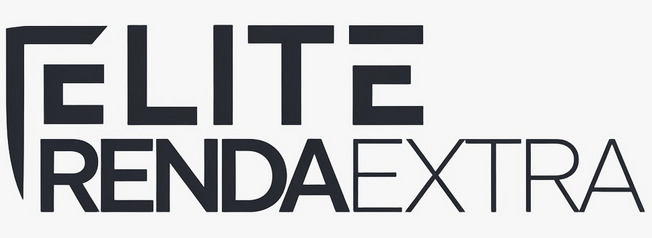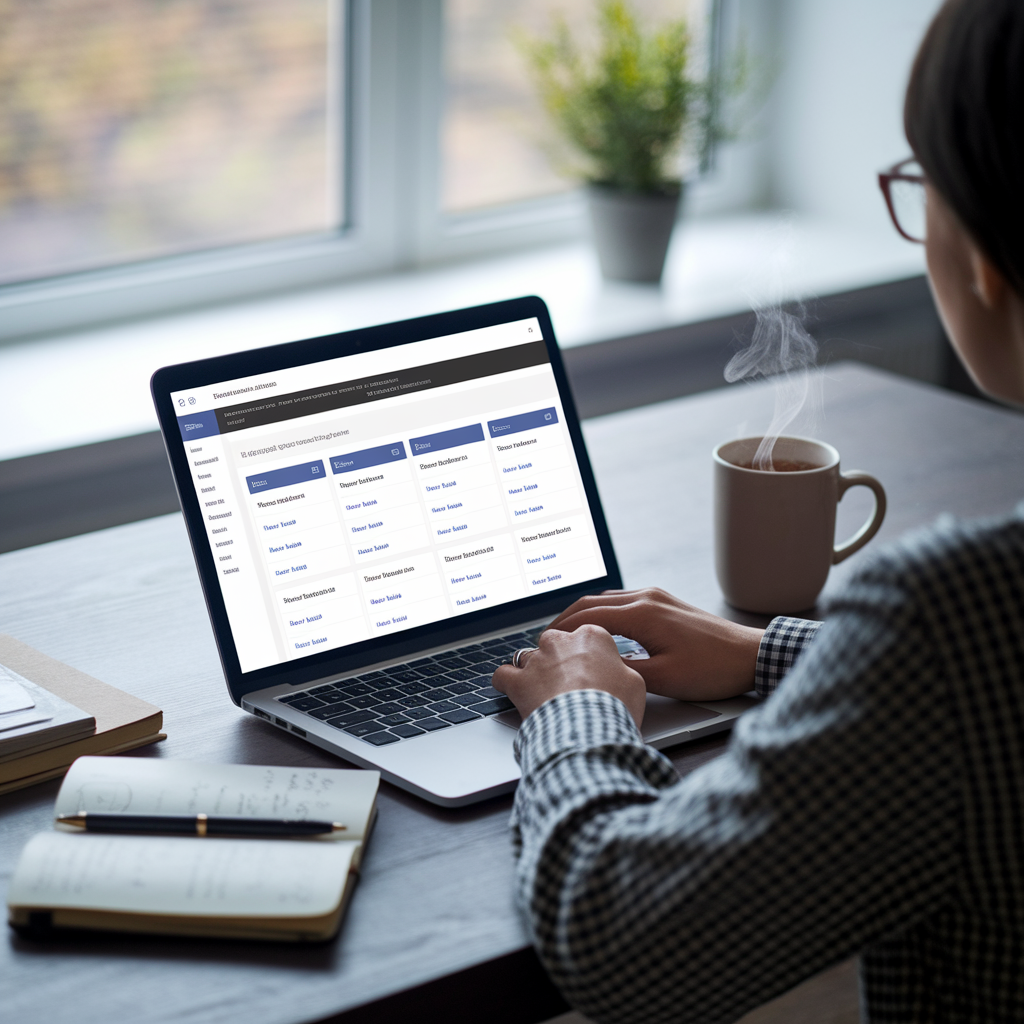This guide covers everything about personal loans in the Philippines. You will learn about loan types, how to apply, and what impacts interest rates. Our goal is to help you pick the top loan provider and get your loan approved fast.
It also tackles usual questions and worries. Now, you’ll have the know-how for a great loan journey.
Understanding Personal Loans in the Philippines
Personal loans in the Philippines are a helpful way to handle your money needs. They’re commonly not backed by collateral but offer many advantages to suit your financial situations.
What is a Personal Loan?
A personal loan is money borrowed from banks or lenders to pay for big expenses, consolidate debt, or start personal projects. It’s easy to get because you don’t need to provide collateral. Choosing a low interest rate personal loan helps save money on what you owe.
Key Features of Personal Loans
Personal loans in the Philippines have great features:
- Fixed Interest Rates: They often come with fixed interest rates so you know what you’ll pay every month.
- Flexible Repayment Terms: You can pick a repayment plan that works with your budget.
- Loan Amounts: You can borrow various amounts, depending on what you need the money for.
Also, easy personal loan requirements make getting the money straightforward without too much paperwork.
Benefits of Personal Loans
Personal loans can help you in many ways. Here are some key benefits:
- Debt Consolidation: They let you roll all your debts into one easier-to-manage loan.
- Emergency Funding: They’re great for when you need cash fast for unexpected expenses.
- Investment Opportunities: You can use the loan for investments that may earn money over time.
Working with a reliable personal loan lender gives you the needed support. It helps you meet your money goals confidently.
Types of Personal Loans Available
Exploring top personal loan options in the Philippines is key. You must understand the types available for different needs. Knowing which one to pick helps you make a smart choice.
Unsecured Personal Loans
Unsecured personal loans don’t need collateral. Approval is based on your creditworthiness and income. These loans are great for those without big assets but who need money quickly.
Secured Personal Loans
Secured personal loans require something valuable as collateral. This could be property, a vehicle, or savings. They have lower interest rates and offer better terms because the lender has less risk.
Salary Loans
Salary loans come from employers or specific lenders. They base this on your job and earnings. These are for short-term needs, with repayment taken directly from your salary.
| Type of Loan | Collateral Required | Typical Use Cases |
|---|---|---|
| Unsecured Personal Loans | No | Emergencies, Debt Consolidation, Large Purchases |
| Secured Personal Loans | Yes | Home Renovation, Education, Major Purchases |
| Salary Loans | No | Short-Term Financial Needs, Unexpected Expenses |
Choosing the right loan depends on your situation and goals. Think about interest rates, repayment terms, and application ease. Understand each loan type to pick the best one for you.
The Application Process for Personal Loans
Getting a personal loan in the Philippines means understanding the entire process. Learn about the prerequisites and required paperwork to make things go smoothly.
Requirements for Application
Before you start an online personal loan application, make sure you’re ready. Lenders typically ask for:
- Proof of Identification (e.g., valid ID, passport)
- Proof of Income (e.g., payslips, income tax return)
- Bank Statements
- Proof of Residence (e.g., utility bills)
- Credit History
The easy personal loan requirements might change a bit with each lender. But having these documents will make your application smoother.
Steps to Apply for a Personal Loan
To apply for your loan without hassles, follow these steps:
- Research Lenders: Look into different banks and financial institutions to find great loan terms and rates.
- Gather Documentation: Make sure you have all your paperwork ready and correct.
- Submit Online Application: Upload your documents and fill out the required info online.
- Await Approval: With everything in order, expect a quick personal loan approval.
- Review and Sign Agreements: Read the loan terms carefully before signing anything.
Common Mistakes to Avoid
Here are some mistakes you should avoid:
- Not double-checking documents for accuracy.
- Applying for many loans at once, which can hurt your credit score.
- Not reading the fine print on loan terms and agreements.
To increase your chances of a successful loan, follow these tips and prepare well.
Interest Rates and Repayment Terms
Knowing how interest rates and repayment terms work is key when considering personal loans in the Philippines. Your credit history and the lender’s rules play a big role in setting these rates and terms.
Factors Influencing Interest Rates
Several things can change the interest rate on your personal loan:
- Credit History: A good credit score may get you a loan with a lower interest rate.
- Lender Policies: Lenders have different rules that influence the rates you receive.
- Loan Amount and Duration: Bigger loans and longer payback times often lead to higher interest rates.
Typical Repayment Periods
Personal loan repayment timeframes in the Philippines vary widely. Lets look at common terms:
| Loan Type | Repayment Period | Interest Rates |
|---|---|---|
| Unsecured Personal Loans | 6 months to 5 years | 6% to 20% annually |
| Secured Personal Loans | 1 to 10 years | 4% to 15% annually |
| Salary Loans | 1 to 24 months | 7% to 24% annually |
Tips for Managing Loan Repayments
Keeping up with your loan repayments is crucial for your financial peace:
- Budget Carefully: Plan for your loan payments in your monthly budget to keep up with them.
- Automate Payments: Use automatic payments to prevent missing or delaying payments.
- Communicate with Your Lender: Talk to your lender if you’re having trouble to find a solution together.
By embracing these strategies, you can manage your loans well and stay financially healthy.
Frequently Asked Questions About Personal Loans
When you think about getting a personal loan in the Philippines, you might have questions. This part aims to clear up common concerns to help you make smart choices.
What Happens if You Miss a Payment?
Missing a loan payment is serious. You’ll face late fees and your credit score could drop. This makes future loans harder to get. It’s key to talk to your lender if you can’t make a payment on time. Many top loan options offer help, like changing your payment plan or pausing payments for a bit.
How Can You Improve Your Chances of Approval?
To boost your odds of getting a personal loan, first work on bettering your credit score. Pay off debts and always pay your bills when they’re due. Also, lower your debt compared to how much you earn. Picking a loan provider that fits your financial situation is smart too; different lenders look for different things.
What are Prepayment Penalties?
Some lenders charge you for paying your loan off early, called prepayment penalties. These fees can make you think twice about paying early, even if it saves on interest. Always check the loan details for these penalties. Choosing a loan without these fees can give you more control over your money.
FAQ
What Happens if You Miss a Payment?
If you miss a loan payment, you might face late fees and higher interest rates. This can also lower your credit score. It’s best to talk to your lender right away if you think you’ll be late. They can help find ways to solve the issue.
How Can You Improve Your Chances of Approval?
To get a loan approved quickly, keep a good credit score and lower your debt. Make sure your documents are right. Applying with trusted lenders who make it easy online can also help a lot.
What are Prepayment Penalties?
Some lenders charge fees for paying off your loan early, called prepayment penalties. They do this to make up for the interest they miss out on. Always ask your lender about these fees before you agree to the loan.
What is a Personal Loan?
In the Philippines, a personal loan doesn’t need collateral like a car or house. You can use it for many things, like paying off debts or emergencies. Good lenders will be clear about the loan details.
What are the Key Features of Personal Loans?
Personal loans have fixed payments and interest rates, and you can choose how much to borrow. There are options with low rates and easy to get, making it simple to pay back.
What are the Benefits of Personal Loans?
Personal loans can help pay off debts with high interest, buy big-ticket items, or handle surprises. They offer financial freedom and can boost your credit score if used wisely.


